"Neurodiversity through Webcomics: Using Aesthetic Experiences for Epistemic Resistance"
At the heart of the ideas proposed in today's panel is that of epistemic enablement through trajectories other than propositional, which can be offered by aesthetic experience.
PANEL
"Dancing Toward Epistemic Justice: An Embodied Account of Epistemic Agency"
Amandine Catala and Camille Zimmermann covered the example of dance, an embodied account of epistemic enablement.

PhD Candidate - Philosophy (UQAM)
Camille Zimmermann
zimmermann.camille@courrier.uqam.ca

Professor - Philosophy (UQAM)
Amandine Catala
catala.amandine@uqam.ca
"Comics and Epistemic Enablement"
Luc Faucher discussed the medium of comics in the context of neurodiversity, again as epistemic enablement.

Professor - Philosophy (UQAM)
Luc Faucher
"Neurodiversity through Webcomics: Using Aesthetic Experiences for Epistemic Resistance"
We now continue with webcomics.

PhD Candidate - Philosophy (UQAM)
Mylène Legault
legault.mylene.2@courrier.uqam.ca

PhD Candidate - Philosophy (UQAM)
Jean-Nicolas Bourdon
bourdon.jean-nicolas@courrier.uqam.ca
PREFACE
About the
Format
Force of habit leads us to take the established ways of doing things as fixed, even though they are circumstantial. We were able to explore this reality, for example, during the pandemic: going to the office for work meetings, which, in all honesty, could have been e-mails. We also know that cultural habits are not insignificant, they allow the reproduction of comfortable modalities of interaction for dominant groups: those with the power to choose these modalities.
For our part of the panel, we propose to do things differently. Don't worry, we're not criticizing power point presentations and their timely sip of water pauses. Instead, we're inviting you to explore an alternative modality for interaction.
Public Speaking
Many people hate public speaking. It generally comes with discomforts and even fears, but some people have cognitive profiles that function in ways far removed from this type of interaction. However, this practice is socially maintained and considered essential for meeting and sharing. But is it really necessary? Does the public space absolutely have to be occupied in an oratory and synchronous way? What if these modalities are, in fact, infused with neuronormativity?
Human society is permeated by collective cultural resources with which individuals can, among other things, interpret, understand and communicate various aspects of their experiences. Since they are collective resources, their genesis, maintenance and dissemination are a function of the power dynamics that permeate our societies. One of these power dynamics is organized around norms regarding what is considered appropriate cognitive functioning: the group whose cognition corresponds to the norm (i.e., neurotypicals) dominates and those whose cognition deviates from the norm (i.e., neurodivergent) are marginalized. This epistemic marginalization has the effect of limiting the access of neurodivergent individuals to so-called "collective" epistemic resources, both in their elaboration and in their use.
This norm corresponds to neuronormativity, which is presented by Amandine Catala, Luc Faucher et Pierre Poirier (2021) in their paper Autism, epistemic injustice, and epistemic disablement: a relational account of epistemic agency.
Neuronormativity refers to the prevalent, neurotypical set of assumptions, norms, and practices that construes neurotypicality as the sole acceptable or superior mode of cognition, and that stigmatizes attitudes, behaviors, or actions that reflect neu- roatypical modes of cognition as deviant or inferior. Neuronormative assumptions, norms, and practices uphold standards regarding, for example, (what is neurotypi- cally considered) appropriate eye contact, facial expressions, prosody, conversa- tional flow, processing, and responsiveness—all of which can be difficult for autistic individuals to understand, sense, or apply, due to neurocognitive differences. (Catala & al., 2021)
Catala, A., Faucher, L. & Poirier, P. Autism, epistemic injustice, and epistemic disablement: a relational account of epistemic agency. Synthese (2021).
For a presentation on these questions, see Epistemic justice and epistemic authority on autism, Philosophy of Psychiatry Webinar, Montreal (Amandine Catala)
What’s with all these neuro- words?
Neurodiversity can refer to the neurological or neurocognitive variation naturally present in the human population. The term was first introduced by Judy Singer in a book published in 1993. The term also refers to a growing sociopolitical movement that promotes the recognition and inclusion of natural neurocognitive diversity (see, for example, Autistic Self Advocacy Network (ASAN), whose slogan is "Nothing About Us Without US!").
Nick Walker (2012) describes the neurodiversity movement as a new paradigm (the neurodiversity paradigm) in response to the pathology paradigm. It should be noted, however, that this movement has not been and is not immune to certain exclusionary mechanisms. For example, the movement began with verbal autistic individuals, but although the movement has since expanded to include many cognitive profiles, autistic individuals (and more recently ADHD individuals) still seem to dominate the movement.
Walker, N. (2012). Throw away the master's tools: Liberating ourselves from the pathology paradigm. Loud hands: Autistic people, speaking, 225-237.
Some progress can also be noted with the recent publication of "Neurodiversity Studies: A New Critical Paradigm" (Rosqvist et al., 2020), which illustrates the growing acceptance of this sociopolitical movement by the scientific community.
Rosqvist, H. B., Chown, N., & Stenning, A. (2020). Neurodiversity Studies: A New Critical Paradigm. Routledge.
Refers to individuals who fit the norm of cognitive functioning.
Neurodivergence belongs to a normative vocabulary. It requires a norm, which can be qualitative or quantitative, to distinguish typical from atypical neurocognitive profiles among natural neurological variation. However, the narrative is not so simple; cognition is a complex and dynamic process, and simply distinguishing between neurotypical and neuroatypical individuals shapes, at least in part, the cognition of those same individuals. Note that these criteria, quantitative or qualitative, are generally chosen for medical, practical, economic or moral reasons: because a type is considered "more functional", "more adapted, evolutionarily", "easier to interact with", "less demanding in resources" more characteristic of a human life worth living", etc.
Refers to individuals who do not fit the norm for cognitive functioning.
For those who are curious, we address these "neuro- words" here :
- Legault, M., Bourdon, J. & Poirier, P. (2021). From neurodiversity to neurodivergence by way of epistemic marginalization, Epistemological Issues in Neurodivergence and Atypical Cognition. Synthese.
- Legault, M., Bourdon, J. & Poirier, P. (2019) Neurocognitive variety in neurotypical environments: the source of “deficits” in autism, Journal of Behavioral and Brain Science (JBBS), vol.9, 246-272.
This is all well and good in theory, but what does it have to do with our presentation?
What we are trying to say - probably with too many words - is that those with cognitive profiles similar to ours tend to feel unsafe in traditional academic frameworks. This very presentation is the perfect opportunity to experiment with an alternative format where we can occupy the epistemic space and exist as we are. When the parameters of a common space of exchange only correspond to one type of cognitive profile, neurotypical profiles in this case, there can hardly be any exchange that is fair and inclusive. Our hope is that offering this alternative might open this type of space to those who remain outside the exchange.
Although this is an aside before we get into our main topic, you will notice that the form of our presentation reproduces our subject: the online viewing of webcomics, that is, asynchronous interactions around a shared representation, or the infamous content.
What a great question! Of course. If we have different cognitive and processing profiles with different modalities of expression, we can expect adjustments in synchronicity. Strategies for better epistemic justice include suspending judgment, giving the time, respecting varied forms of exchange and being open to different modalities of exchange.
Feel free to contact us for any comments and input into this exploration:
legault.mylene.2@courrier.uqam.ca
bourdon.jean-nicolas@courrier.uqam.ca
PART I
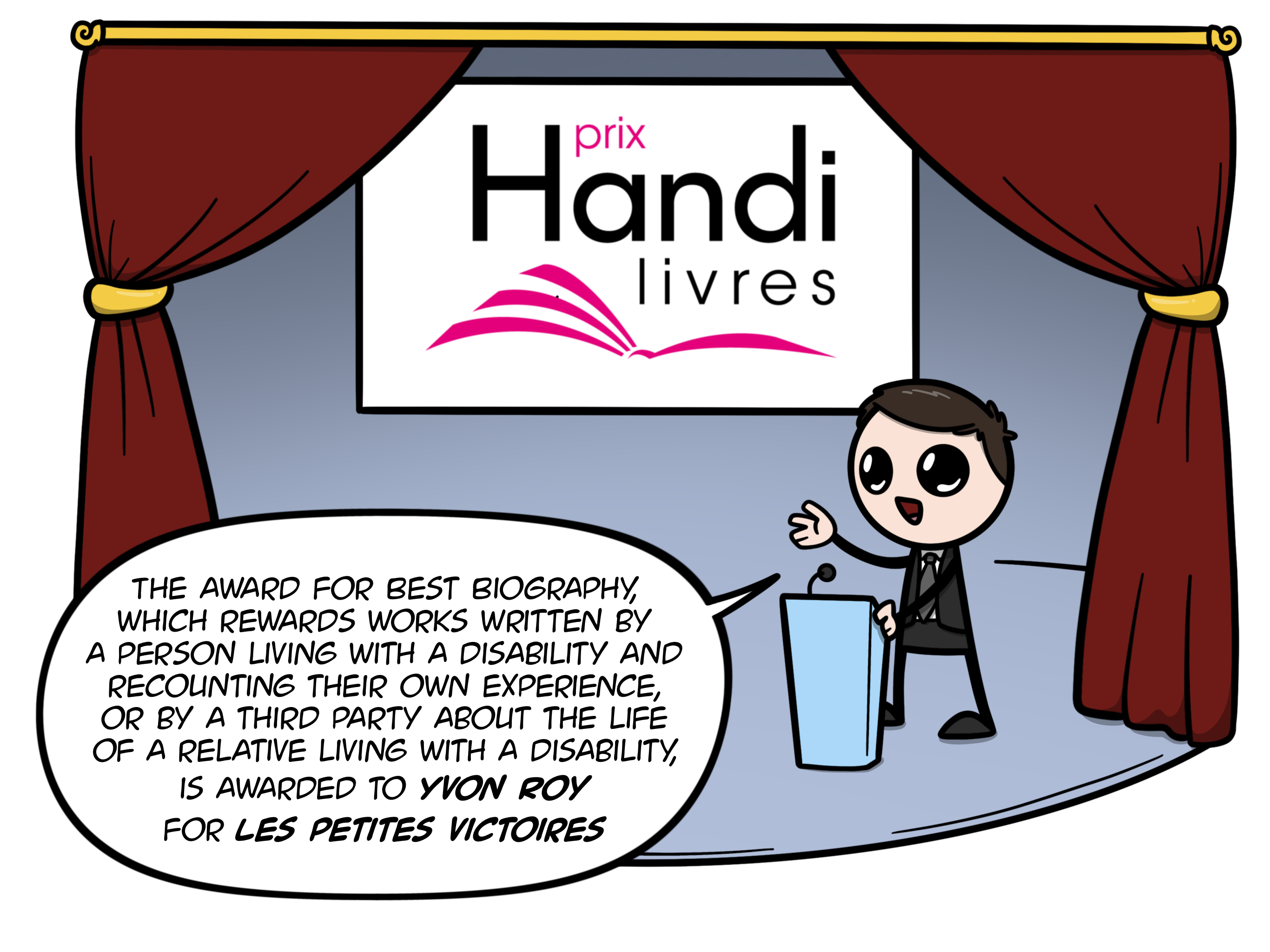
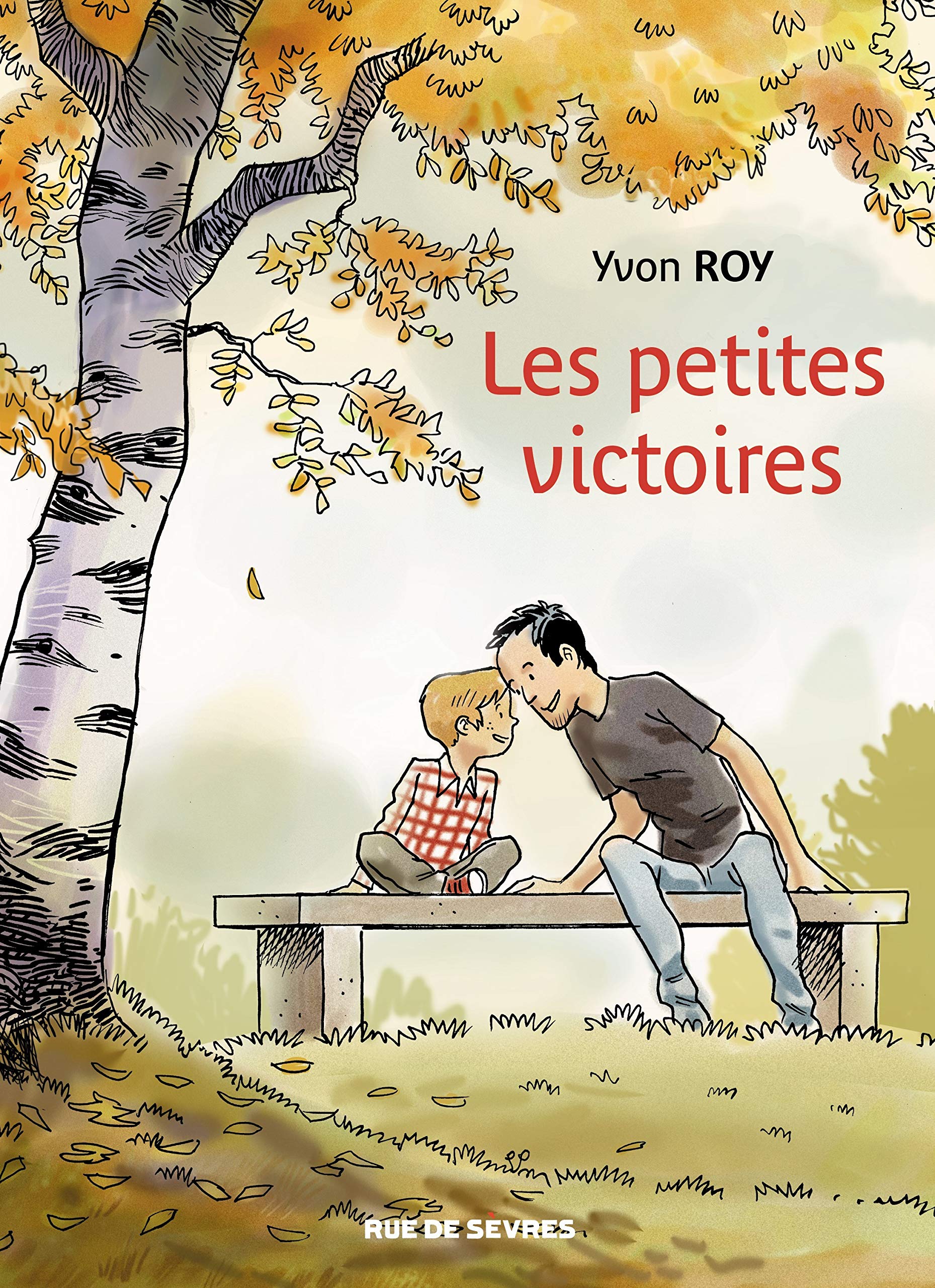
This is Marc, stand in for the author: Yvon Roy
This is his son, Olivier, who is autistic.
Les Petites Victoires showcases the fight of a father for his son, diagnosed with autism "in order to transform an announced defeat into small victories" (sic, our translation).
In his preface, Roy explains the contextualises the creation of his comic book:
"The idea was first suggested to me by a special educator who had worked with my son. She thought that what we had accomplished together was worth sharing so that other parents could find, through our experience, some useful information, if not a little hope" (our translation).
Interview
"When I started working with my boy to help him, with all the professionals in the field, I realized that often we were told, or they tried to tell us, that we had to work on living with autism, on accommodating autism. How we had to deal with different crises, different problems, whereas I thought, well, no, it's better, definitely, to try to overcome it than to live with it. And that's been kind of my master idea, let's say, for years with my boy, which is to try to push the boundaries constantly, always further." (Our translation)
Why choose this comic book?
This comic book is an example of a creation that is easily accessible to the general public that has been awarded and highly publicized - even winning an award that recognizes works written by a person living with a disability and recounting their own experience, or by a third party about the life of a relative living with a disability. In 2018, the publisher Rue de Sèvres announced a contract for a film adaptation, which caused reactions and led to the hashtag :
#boycottlespetitesvictoires
As we will show, this is an example of the social representations of autism that perpetuate dominant understandings that do not fit the lived experience of those directly concerned to the point of being discriminatory. It is also difficult to identify moments when the child (the autistic character) shows agentivity. Instead, he’s passive in his father’s story. In a way, Olivier is only a supporting character. This is exaclty why representation doesn't mean autorepresentation and why "nothing about us whitout us" matters: although this comic is presented as a positive narrative from the allist perspective (3rd person), the story is completely different from the standpoint of the autistic community’s testimonies (1st person).
An allist person is a non-autistic person.
To understand the term "allist", we must go back to the origin of the word "autistic" which comes from the Greek word "autos" which means "self". So the word "autistic" initially referred to a person withdrawn on themself, who lives in their own world. The term "allist" appeared in a satirical article to refer to non-autistic people by swaping “autos” for "allos" which refers to others. So an allist is a person who is focused on others or, to flip the usual narrative, a person who lives in other people’s worlds.
In spite of the satire, the term “allist” has remained in use among others because it allows to distinguish between "neurotypicals" and "allists". There are people who are not autistic, but who are not neurotypical: a non-autistic dyslexic person, for example.
For a deconstruction
of the problematic propositions of the comic book:
But do you know the story from the autistic community’s perspective?
This is where webcomics can serve as an accessible tool that allows the reversal of dominant representations by opening the floor to self-representations directly grounded in marginalized communities. But before continuing with the topic of webcomics, we wish to feature an excerpt from Les Petites Victoires that addresses a frequent theme in autism: eye contact.
Excerpt on eye contact
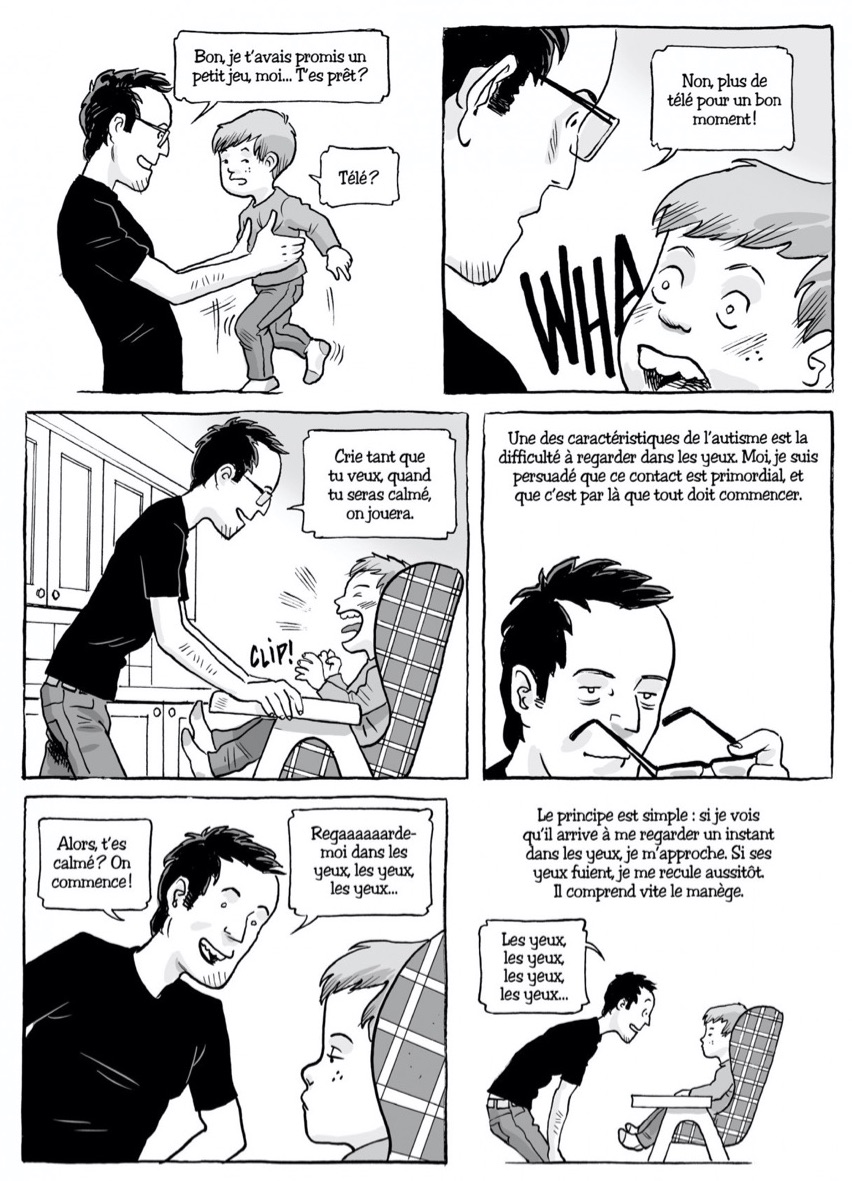
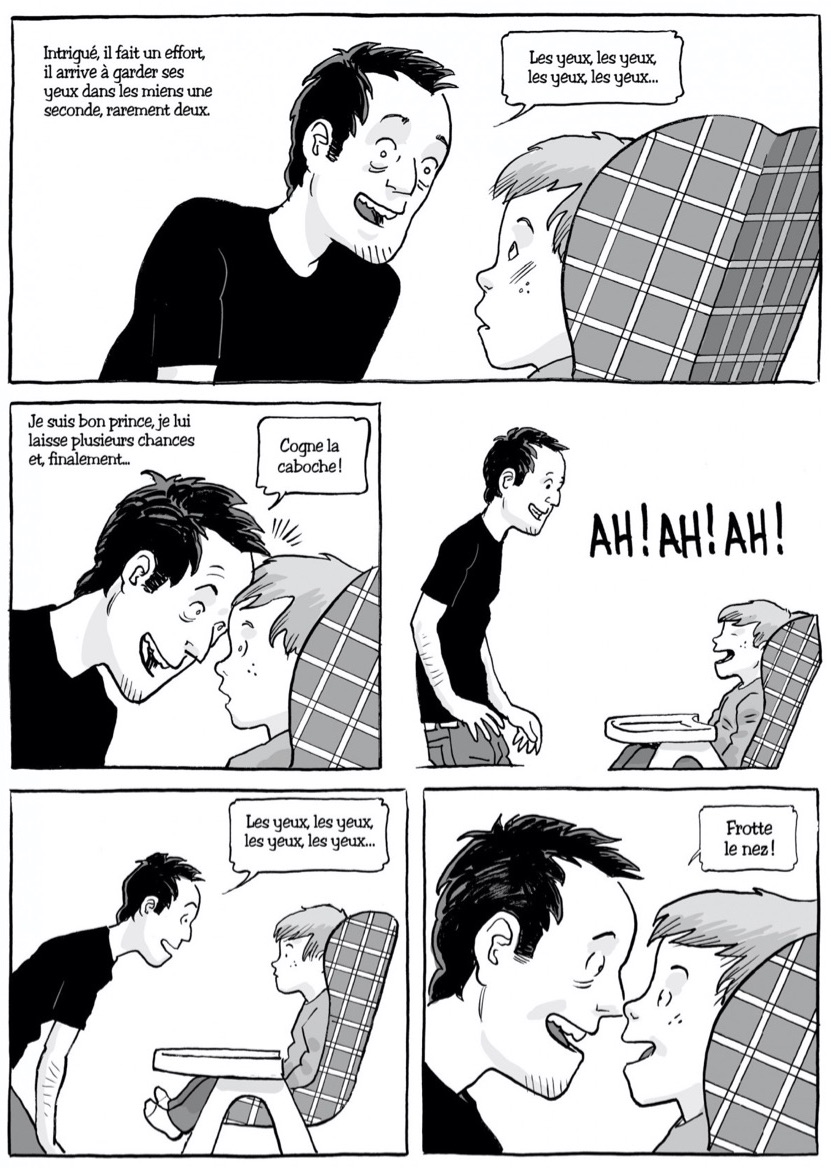
Excerpt from Yvon Roy's interview
"I worked a bit like we can work to sometimes desensitize a substance. Sometimes certain people can have an allergy, we can try to desensitize them.
Several parents have contacted me regarding the trick to get the child to look in the eyes. This is the first thing we worked on together, that is to say, I considered that being able to look in the eyes - we know that autistic children have difficulty looking directly in the eyes - I said to myself, if we don't have eye contact, we have nothing. We need that, it's the beginning of human interaction." (our translation)
TW: The host uses the term “prison” in reference to autism:
"In your story that you shared with us in Les Petites Victoires, there is obviously the moment when you get up to face, to accompany your child in that reality: to learn to understand him too, inside what he lives and this prison, in a way, from which he is pressured which is basically this condition." (our translation)
Link to the interview (in French)


This scene is an example of neuronormativity
Recall that neuronormativity is the prevalent, neurotypical set of assumptions, norms, and practices that conceives of neurotypicality as the only acceptable or superior mode of cognition, and that stigmatizes attitudes, behaviors, or actions that reflect atypical modes of cognition as deviant or inferior.
This scene is told from the allist perspective and is presented with a positive outcome. In fact, as the author mentions, parents have applied this technique with their autistic children after being inspired by it.
But what if we ask autistic people how they feel about eye contact? That's exactly what we are going to do.
PART II
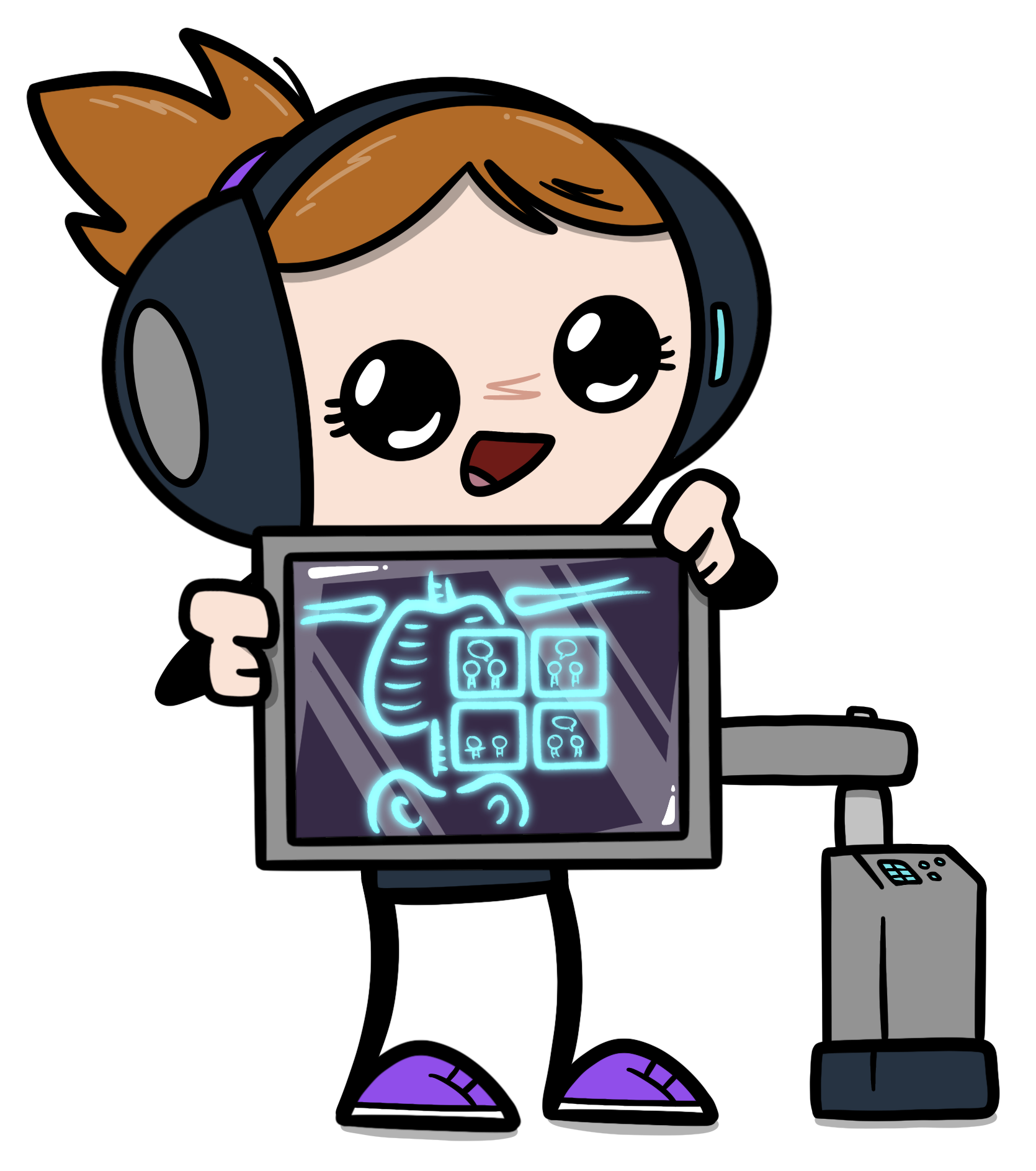
Why webcomics?
The medium of webcomic enables me to do something I don't know how to do otherwise: share how things feel on the inside.
Imagine. You come across a newspaper at the local coffee shop and recognize the face of a well-known personality. Yet you can't remember their name. It annoys you, you know you know it, it’s just not coming out, it stays there, on the tip of your tongue. You have time to come back to work, coffee in hand, and the name still hasn't come back to you, it still annoys you. You come across a colleague and you ask them, you describe the person, maybe clumsily at first (it would be so much easier with their name!), but you adjust to your interlocutor and, together, you can finally recall their name, it was so obvious!
It’s important to emphasize this feeling of annoyance. We rarely take the time to mention this annoyance when talking about epistemic injustices. Yet it is there, and it can even be painful: how do we make sense, to use Fricker's classic example, of our experience of sexual harassment when the concept does not yet exist? How can we share the feeling that something is wrong? This is where community comes into play and it is why the idea of "by and for" matters more than, say, a criterion of simplicity might. This is addressed by feminist epistemologies: for example, Longino argues for pragmatic values in science such as diffusion of power (as the importance of making research programs accessible to the actors involved in the research).
The impact of inadequate social representations on neurodiversity cannot be fully resolved by the traditional narrative of epistemic oppression and justice: adding new vocabulary to collective epistemic resources is not a panacea (we already have the word "autism" for example). So it is not only words that are missing, but rich and diverse lived experiences are also missing from the pool of shared resources.
The problem is that what is missing, the hermeneutical gaps, are not automatically apparent: social representations created by and for the dominant groups inadequately fill the hermeneutical gaps of marginalized groups. To that effect, let us recall here the Handi-Livre prize for the best biography which rewards works written by a person with a disability and telling his or her own experience, or by a third party on the life of a close relative with a disability: In the case of Les Petites Victoires, the award went to the biography of an allistic (non-autistic) person talking about autism. These inadequate social representations are difficult to resist: they are constantly and persistently reproduced. It is even harder when you don't have the words to replace theirs. But do we really have to wait for the right words to share our experiences? This is where illustration can become an attention grabbing action like shouting: an action that does not need words. This is what we propose here: a form of non-propositional epistemic resistance in response to hermeneutic injustice.
Webcomics are basically online comic books. They are mostly instantiated as short comics that take many forms and cover many topics. The most common form of webcomic is probably the blog (sometimes autobiographical, sometimes entirely fictional, sometimes both). Because they are mostly published independently by their artists, webcomics are an art form that is not limited by institutionalized power dynamics such as publishing houses or art galleries.
But the most important thing for us here is that webcomics are able to generate aesthetic experiences that allow viewers to better understand different aspects of the lived experience of neurodivergent people despite the inadequacy of mainstream epistemic resources.
In some ways, webcomics are a digital version of street art.
Although limited to a given geographical space for street art and to a particular digital platform for webcomics, there is this common idea where it is not so much the public that goes to the creation as the creation that goes to the public. We are no longer in a reserved and predefined space like a museum, a bookstore, a gallery or even a library.
Although a recognized artist can make street art, it is more difficult for an artist who does not belong to a complex and influential network to access some places of diffusion such as an art gallery. Webcomic is thus added to the tools that allow the production, use and transmission of more accurate social representations, participating in the collective understandings of the oppressions suffered by epistemically marginalized groups. The public and interactional aspects of social media that support webcomics make them a catalyst for direct dialogue with (but also within and between) marginalized communities.
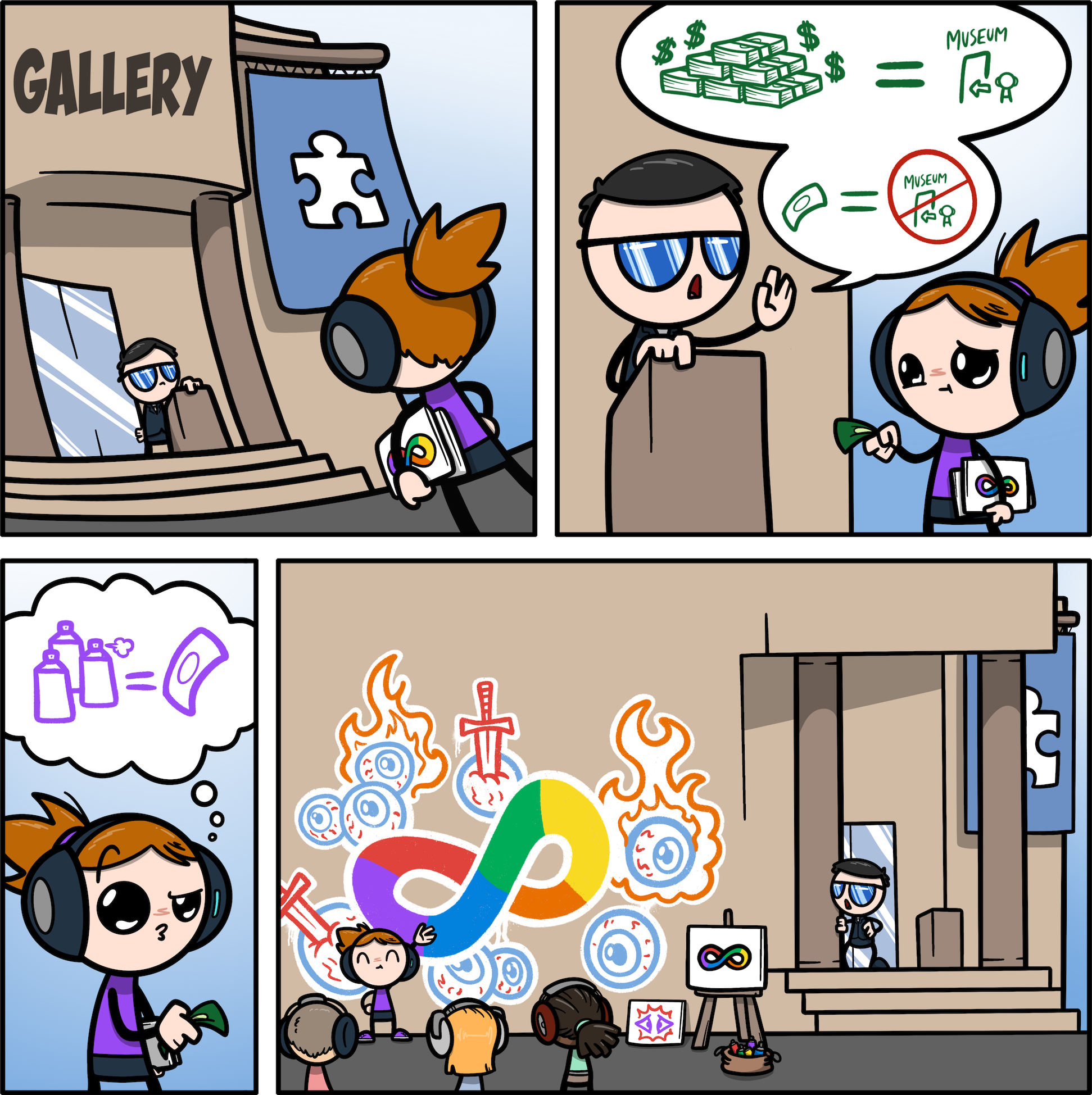
To put our epistemic resistance into action,
and to enhance our imaginative ressources, we chose to gather first-personal testimonies and descriptions of how eye contact can feel for autists.
After all, who better to provide insight into a given lived experience than those who live it? To do so, we used social media (instagram and facebook) to ask autistic followers of our webcomic (@lilyspectrum): How does eye contact feel to you? Although we are neurodivergent, it was important for us to go with the community beyond our individual experiences. For instance, we would never have thought of the sunburn idea on our own, but once we read those testimonies, it felt right.
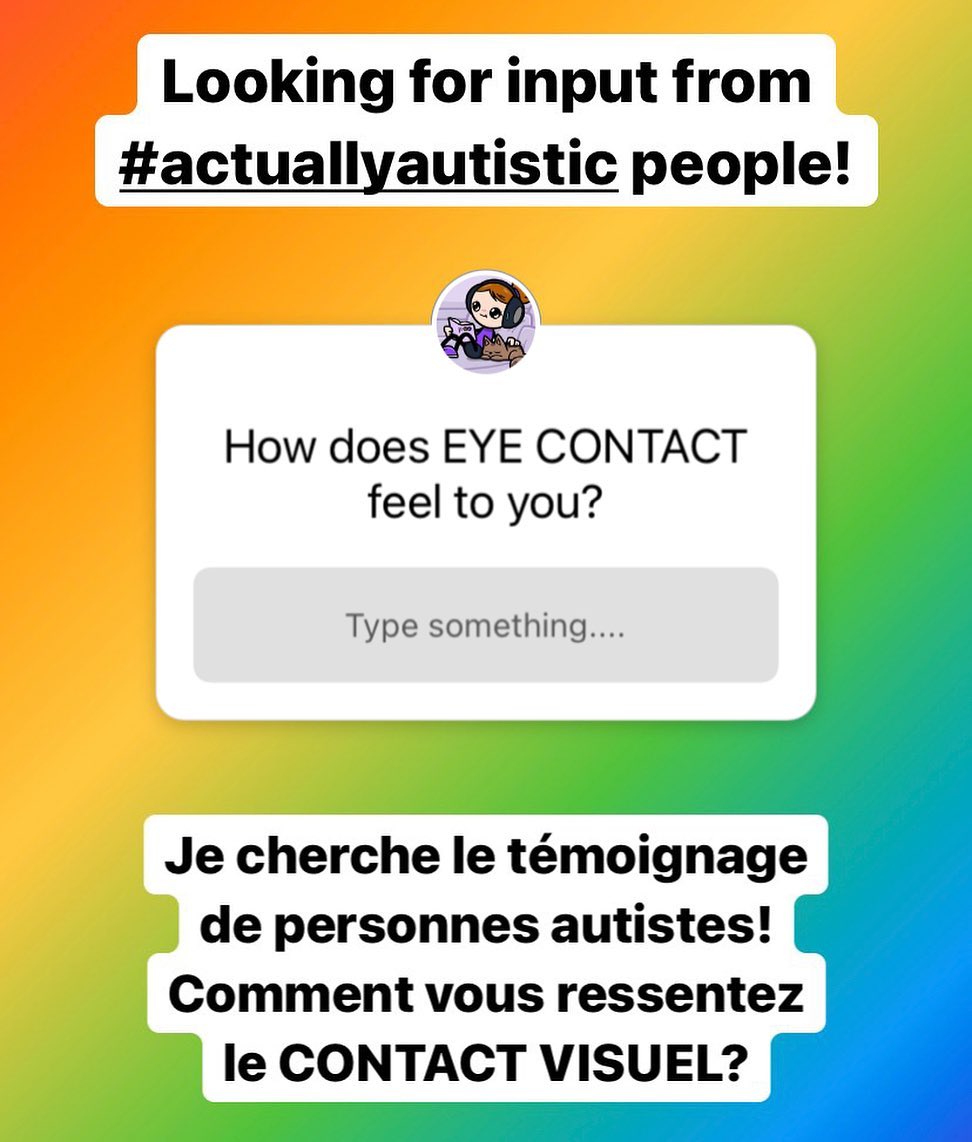
Both posts were made on November 8, and three days later, on November 11, we had received 175 testimonies. A few major themes emerged from these testimonies, which we used to base 7 webcomics or illustrations on. Keep in mind that, with this process, we do not claim to represent all there is to express about autists’ first-personal experience of eye contact. In fact, we suggest you visit these posts yourself to better understand the varied responses we got, and are still getting. And who knows, maybe this will allow you to add your own insight.
Publication
Since Monday, we have started to publish these comics on our social networks and we will continue to publish them in the following days
The interactions that take place around such webcomics are, we believe, an integral part of their complete aesthetic experience. These interactions often bring about clarifications, complementary details and descriptions or even added meaning. We thus invite you to visit these posts and interact with the community.
Webcomics
Thank you for joining us in this exploration!
We hope this experience was (and will be) as enriching for you as it was for us to come up with. We invite you to engage with us and the community through our posts or in the comments bellow!

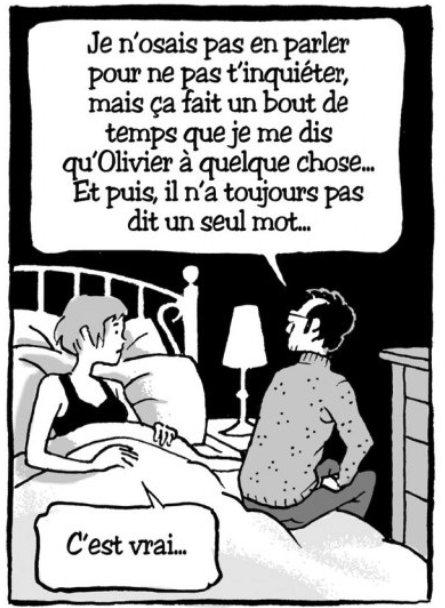


 "
"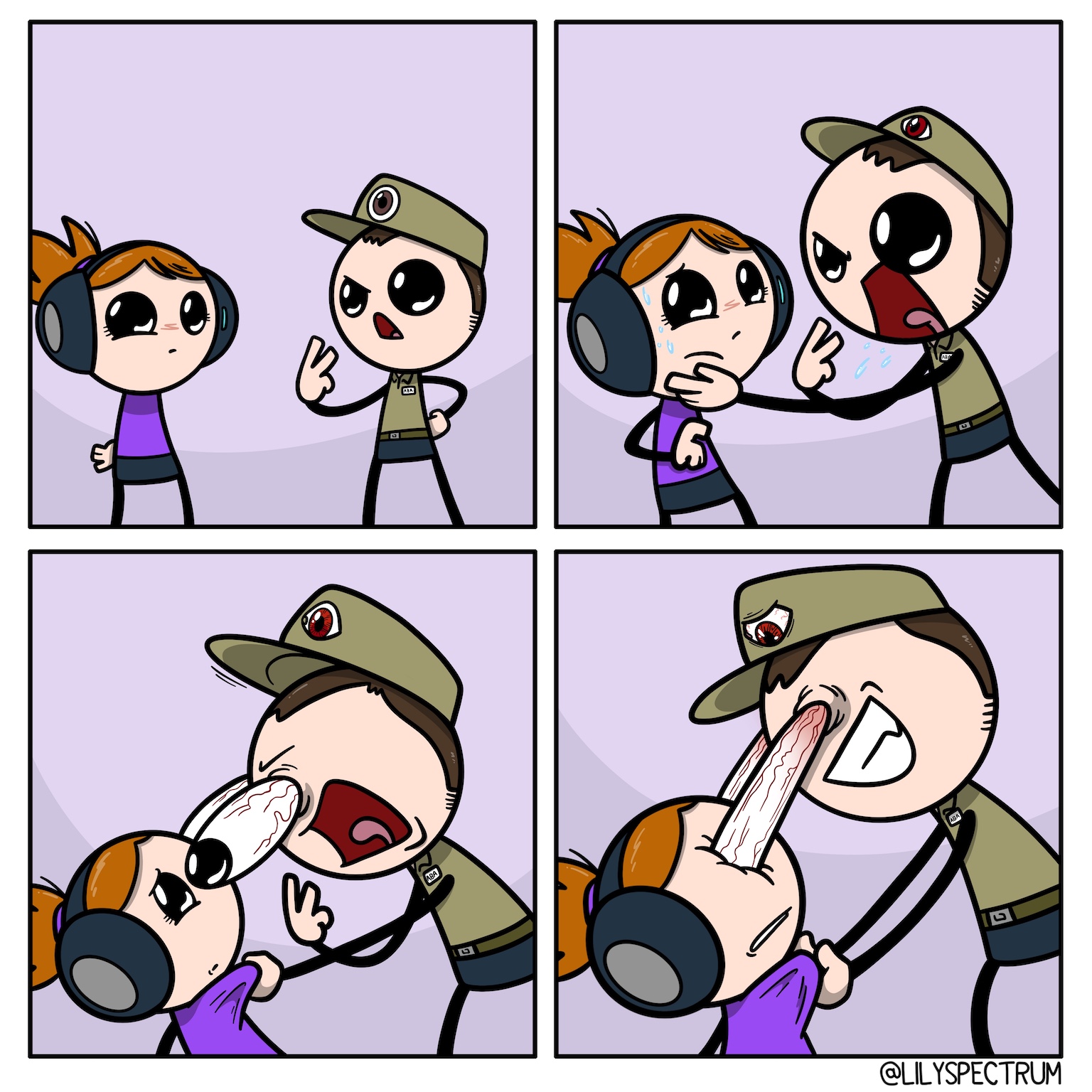
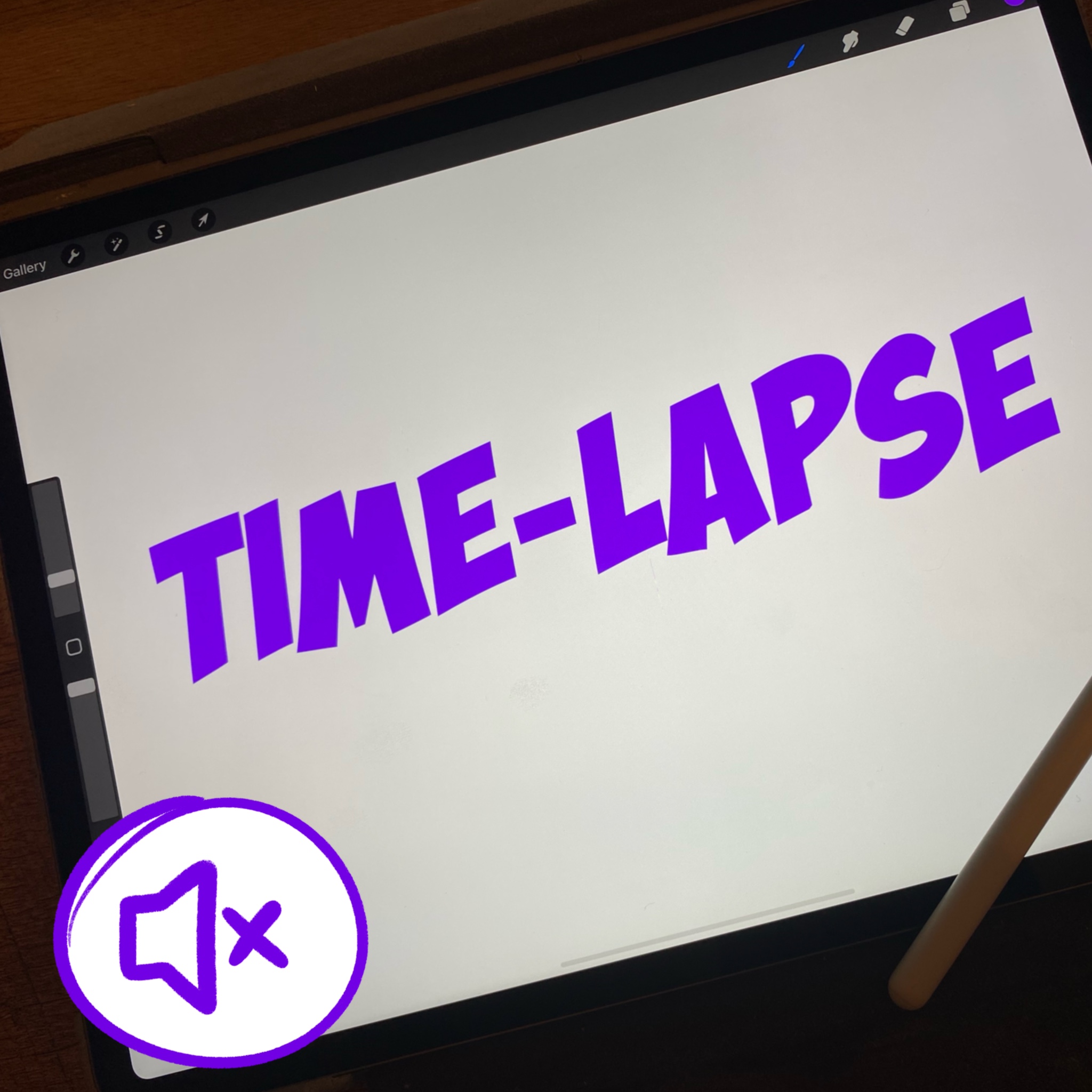
 ). I never know what to do, if I'm looking to much or not enough and always use a whole lot of energy just on eye contact. Generally, the more comfortable I feel the less I look someone in the eyes. (Also eyes as a body part make me feel really icky so that's that)."
). I never know what to do, if I'm looking to much or not enough and always use a whole lot of energy just on eye contact. Generally, the more comfortable I feel the less I look someone in the eyes. (Also eyes as a body part make me feel really icky so that's that)."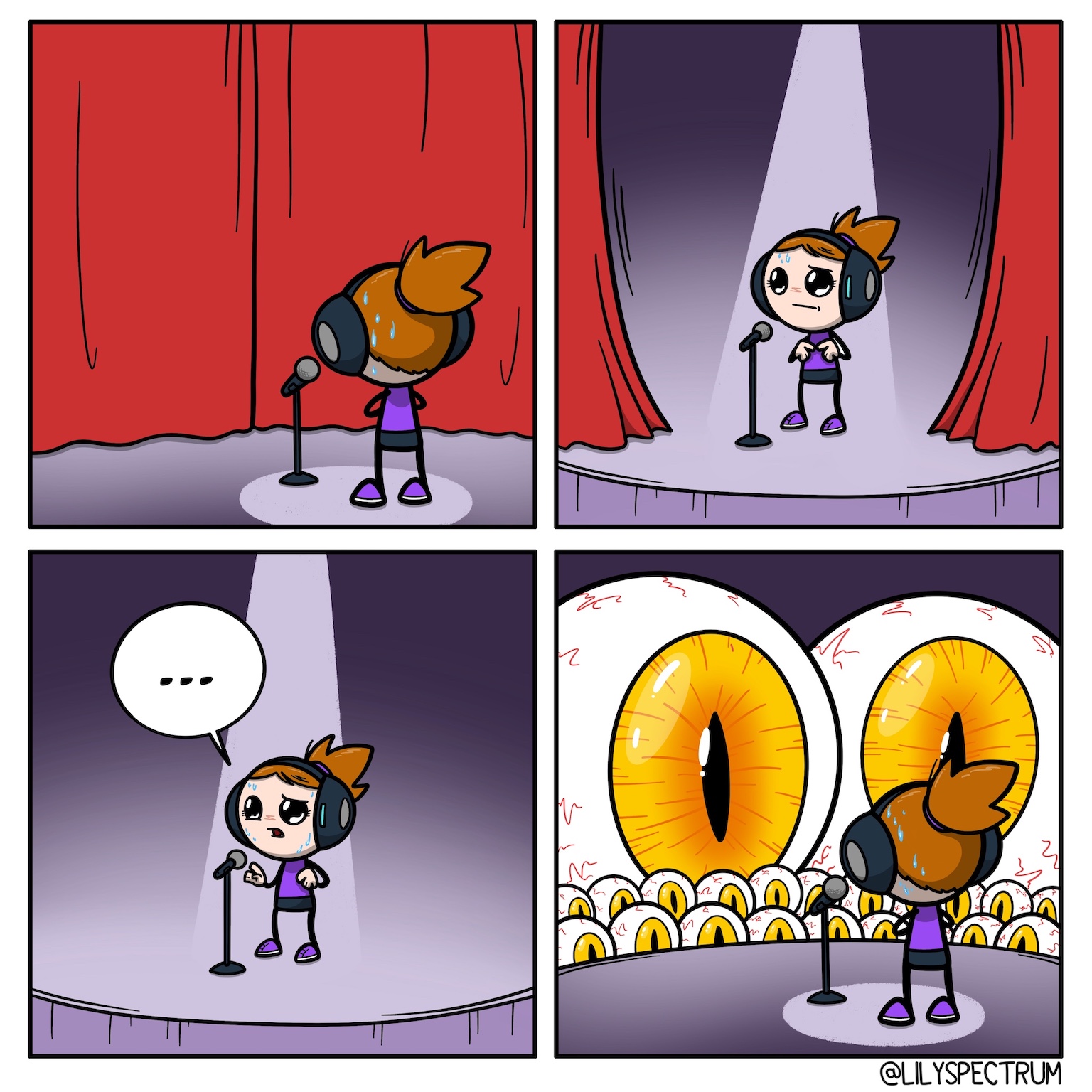
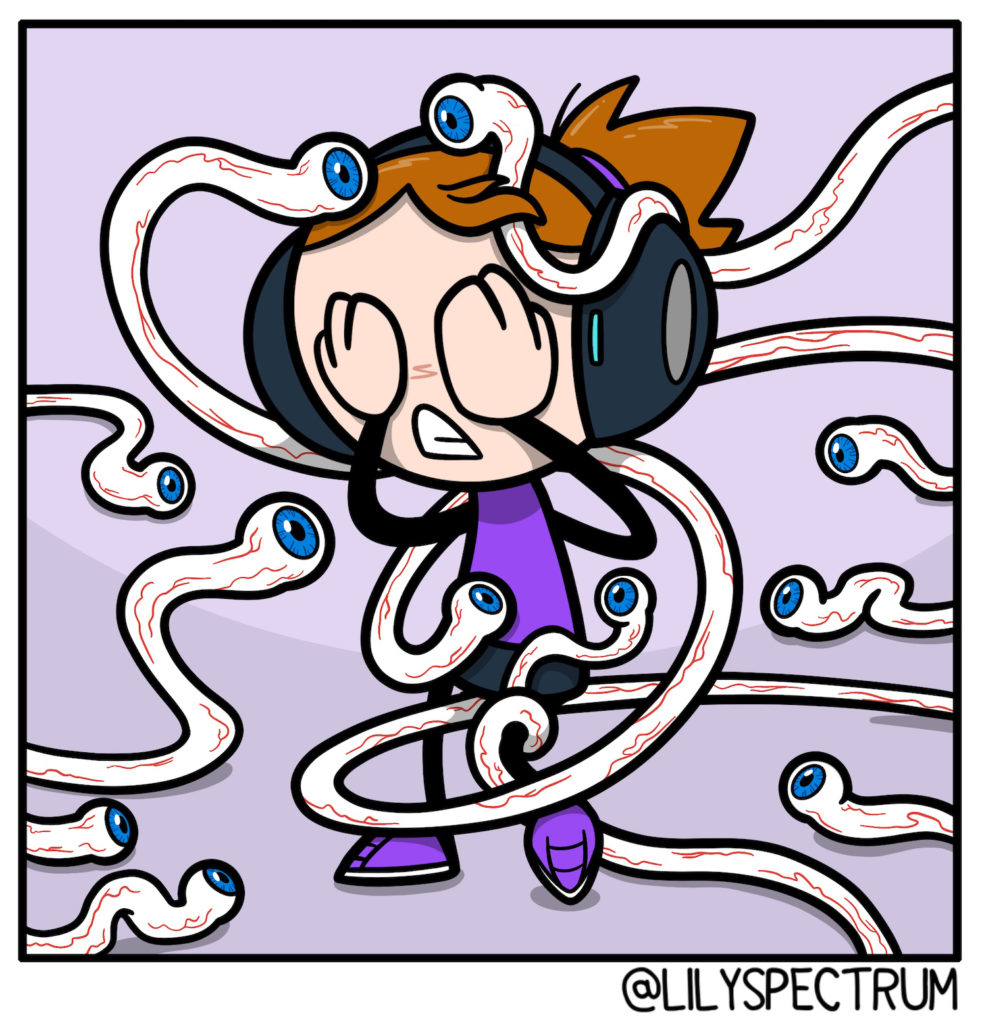
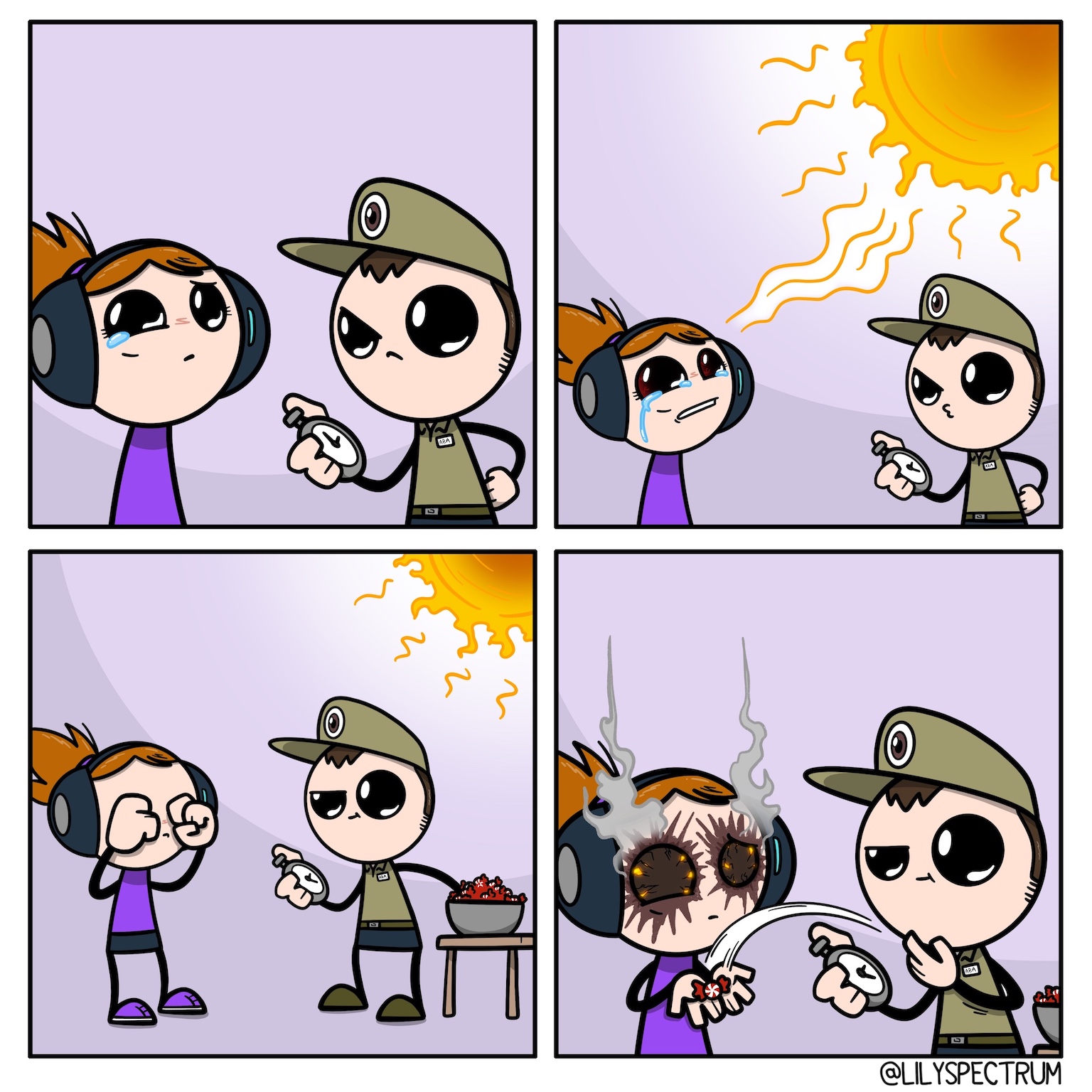
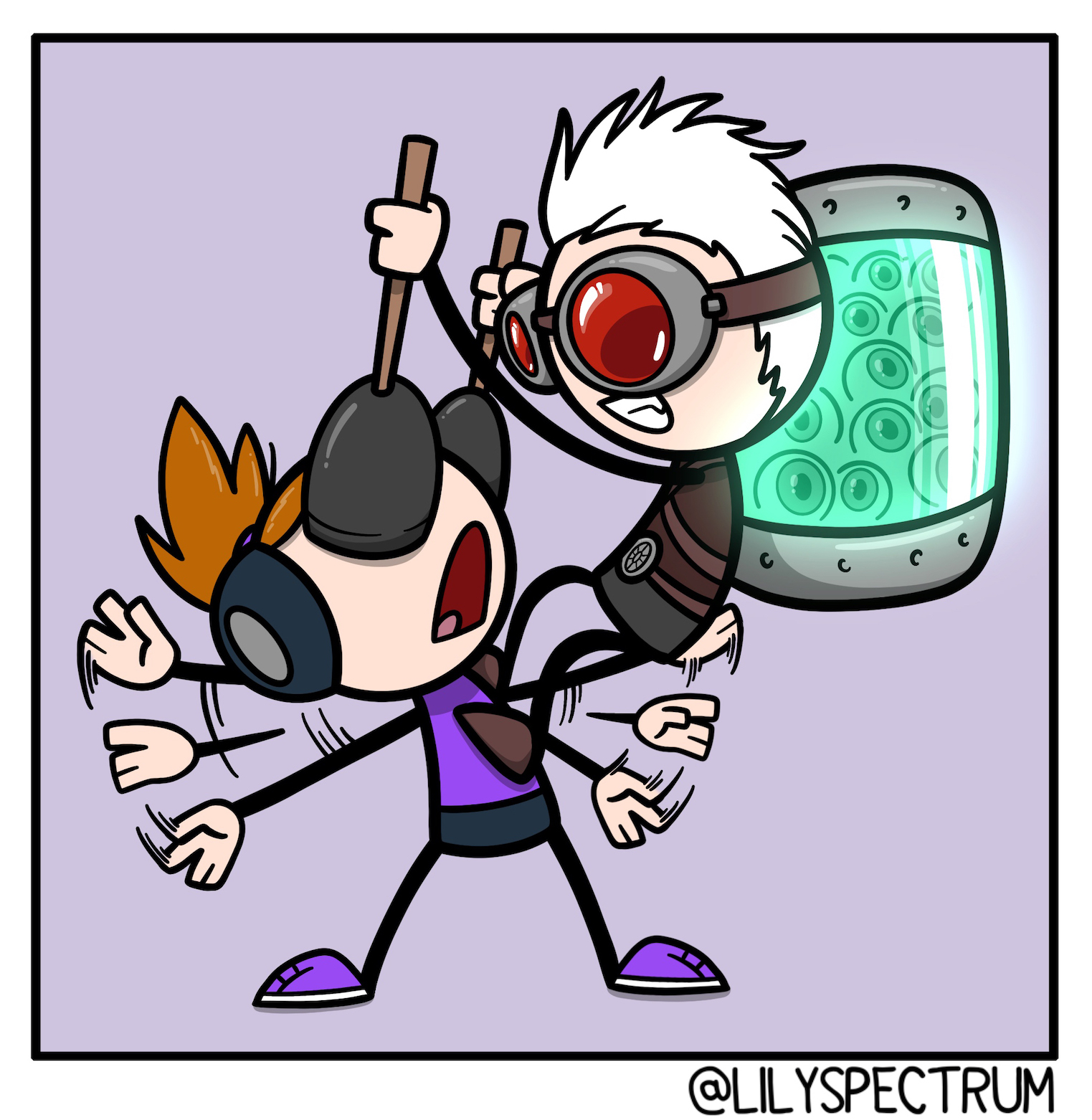
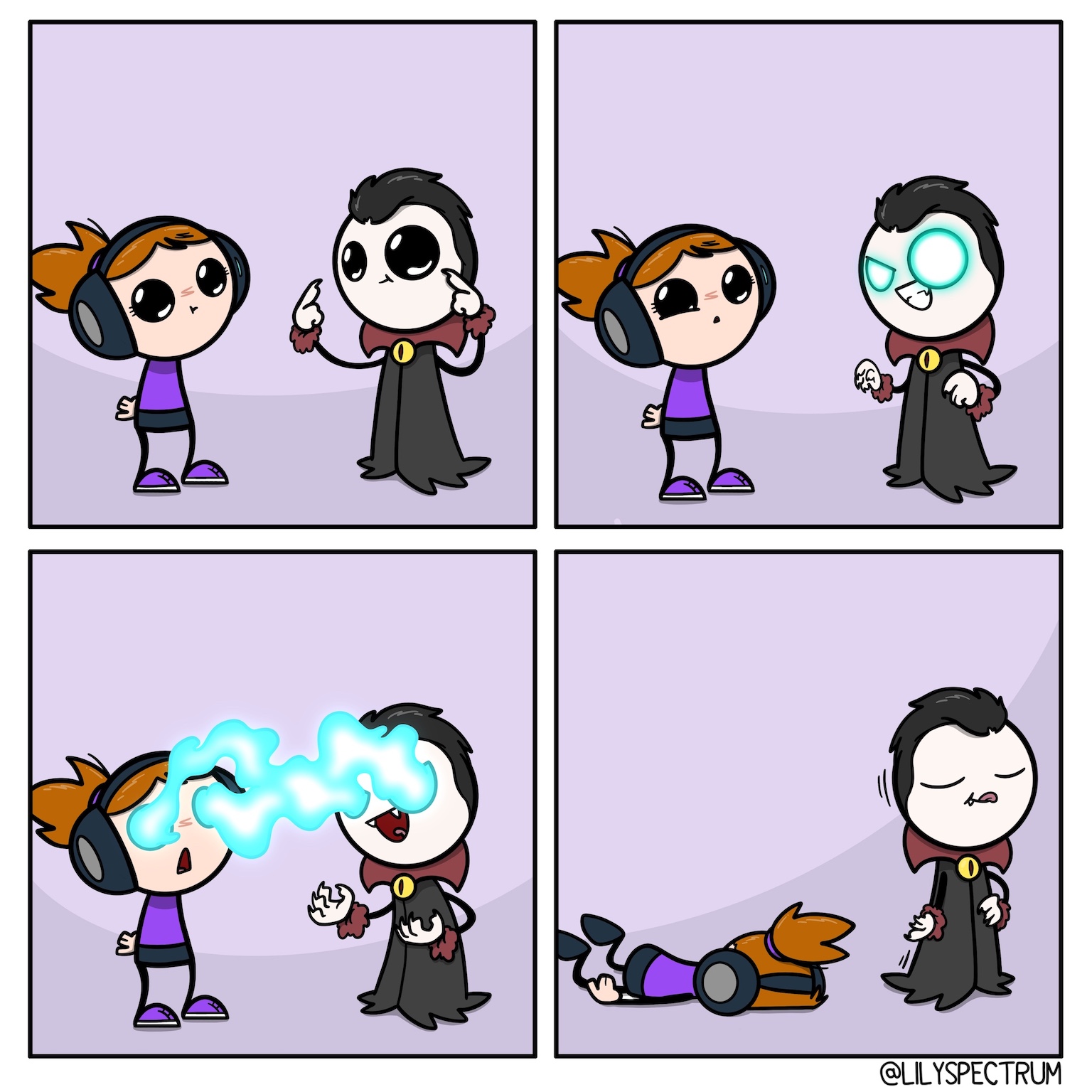
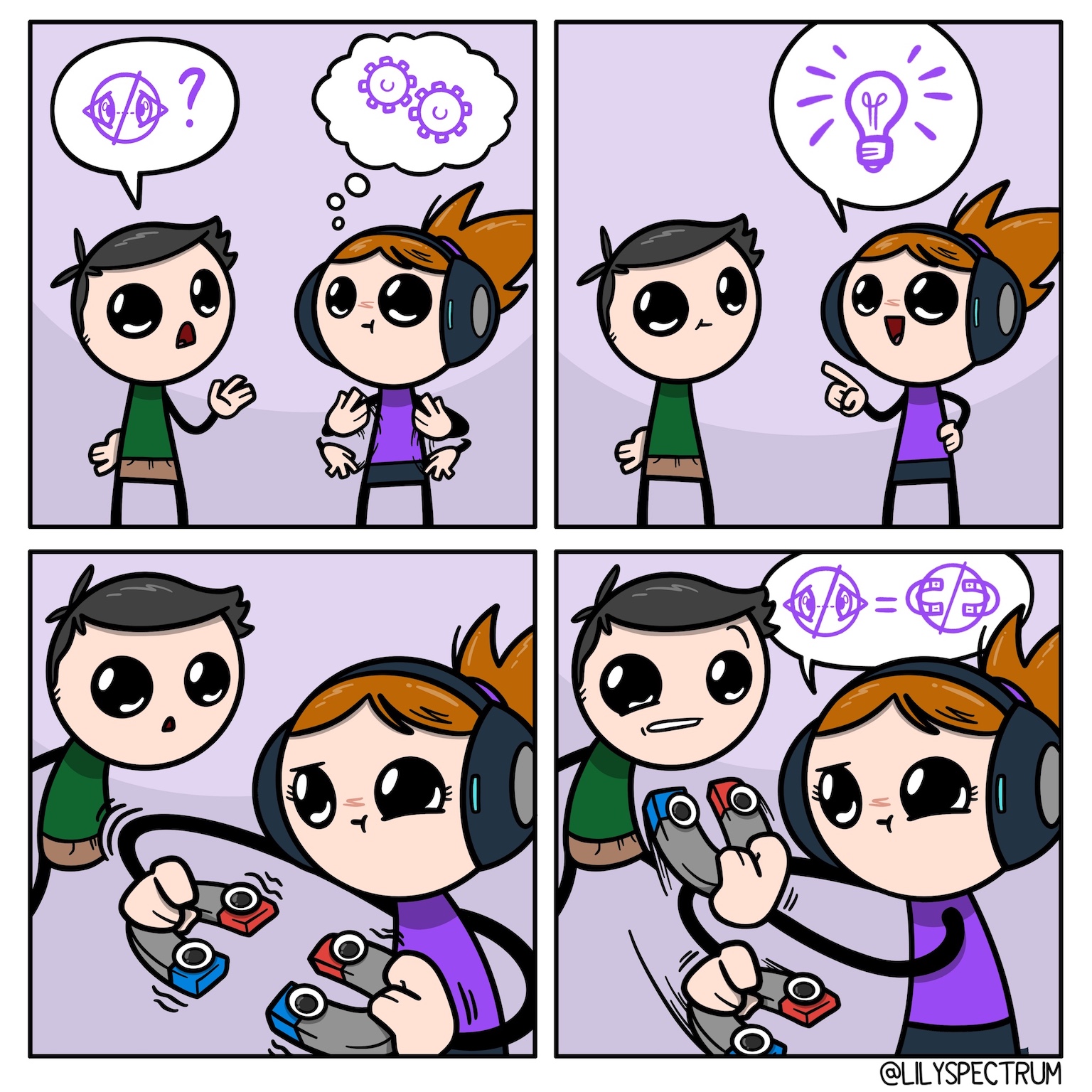
After a truck accident 18 wheeler accident law firms
https://domansky.ae/ru
Hey fashion lovers! Looking for trendy outerwear or chic dresses? https://thekyl.com/ collection includes cozy puffer jackets, elegant cardigans, and stylish dresses perfect for any occasion. Whether layering up or making a statement, Kyl’s pieces blend sophistication with comfort. Upgrade your wardrobe with fashion that stands out effortlessly!
https://www.neweconomist.ru – Официальный сайт компании по изготовлению кухонь на заказ.
Great job! Find more at https://maps.app.goo.gl/QDvJGcBSwESAmCTP7
Het spel Plinko is zeer populair entertainmentvormen die in de laatste jaren online zijn verschenen. Het populaire spel, dat oorspronkelijk kwam van de televisiehit The Price Is Right, heeft zich snel aangepast aan de hedendaagse casinospellen.
In dit artikel gaan we leggen we uit alles wat je leert over het Plinko spel, van de grondslagen van het spel tot hoe je je kunt inzetten met echt geld en de beste manieren om van dit spel te genieten.
Web: https://nuevasdepaz.com.ar/plinko-spel-gratis-bij-nederlandse-online-casinos/
De casinogame Plinko is een simpel maar boeiend casinospel dat bekend is geworden door het televisieprogramma The Price Is Right. Het spel bestaat uit een verticaal spelvlak met een aantal hobbels waar een object van bovenaf doorheen doorheen rolt. De bal kaatst van de pinnen en komt uiteindelijk in een van de doelen aan de onderzijde, die elk een bepaald bedrag aanduiden. De uitbetaling is afhankelijk van waar de bal terechtkomt. Dit betekent dat het een random spel is, waarbij spelers niet exact kunnen voorspellen waar de bal terechtkomt.
Hoewel de spelmechanisme eenvoudig zijn, maakt de onvoorspelbaarheid van het spel het geinteresseerd en afwisselend. Dit is een van de oorzaken waarom Plinko in de online casino wereld zo populair is geworden. Het wordt vaak aangeboden als een online Plinko spel in verschillende online casino’s, waar spelers om echt geld te winnen door te spelen op de uitkomst van hun gokballen.
Als je een Plinko game speelt, lijkt het spel meestal te lijken op de tv-uitzending van Plinko. De verschillen die bestaan liggen in de wijze waarop je inzetten kan en het feit dat je de kans hebt om geld te winnen. In plaats van voor gewonnen prijzen zoals in de televisie-uitzending, kun je in een online gokplatform voor echt geld spelen. De prijswinsten zijn gebaseerd op het doel waarin de bal valt wordt bepaald.
Je mag je eigen inzetten kiezen, en gebaseerd op je inzet kunnen de uitbetalingen varieren. De Plinko digitale versie wordt vaak gebruiker-vriendelijke versie geboden, wat het voor onervaren spelers makkelijker maakt om het spel te begrijpen. Veel online casino’s bieden een Plinko game download optie, zodat je het spel kunt spelen op je telefoon, zelfs zonder online te hoeven zijn. Dit biedt spelers gemak en maakt het spel toegankelijk.
Ищете межресничку? Образ – это светлый эффект! Подборка – межресничка, с растушёвкой фото – тут: https://aurabliss.click/makiyazh/12588-permanentniy-makiyazh-mezhresnichka-s-rastushevkoy-foto.php Тёплый стиль ждут!
Appreciate the comprehensive insights. For more, visit loan agency new orleans
Thanks for the insightful write-up. More like this at corporate meeting venues nearby
order generic vasotec without prescription cost of generic vasotec no prescription can i order cheap vasotec without dr prescription
can i purchase generic vasotec price how to get cheap vasotec without rx where buy vasotec
generic vasotec without prescription
how to get generic vasotec buying vasotec can i order vasotec without insurance
get generic vasotec pill can i get generic vasotec generic vasotec without dr prescription
https://titusnzeee.bloggerbags.com/37436253/se-rumorea-zumbido-en-tienda-de-cultivo
Hola, amigos cultivadores! Si estas buscando llevar tu cultivo al siguiente nivel, no puedes perderte lo que tengo para contarte. Soy un cultivador experimentado y he pasado por muchas experiencias con diferentes grow shops en Santiago, y puedo decir con seguridad que encontrar el adecuado marca una gran diferencia. Si quieres aprender todo sobre lo que puedes encontrar en un grow shop Santiago y como mejorar tus resultados, sigue leyendo.
Lo primero que te recomendaria es que no subestimes la importancia de elegir un buen grow shop. Aqui en Santiago, he encontrado tiendas especializadas que tienen todo lo que un cultivador puede necesitar, desde semillas de calidad hasta fertilizantes de alto rendimiento. Lo que mas me ha impresionado es la variedad de productos y la asesoria personalizada que ofrecen. Los expertos en estos lugares siempre estan dispuestos a ayudarte, ya sea para elegir el mejor sistema de riego o los mejores nutrientes para tus plantas.
Uno de los aspectos mas interesantes de los grow shops en Santiago es que, ademas de productos basicos como sustratos y fertilizantes, tambien ofrecen una gama completa de luces de cultivo, sistemas de ventilacion y controladores de clima. Esto es crucial para maximizar el rendimiento de tus plantas, especialmente si estas cultivando en interiores. No se trata solo de tener un buen producto, sino de saber como usarlo para obtener los mejores resultados.
Si quieres dar el siguiente paso en tu cultivo, no dudes en visitar un grow shop Santiago. Estaras rodeado de productos de calidad y con el apoyo de personas que entienden de lo que estan hablando. Te aseguro que tu cultivo nunca volvera a ser el mismo!
Хотите текстуры? Текстуры – это тёплый стиль! Подборка – пиксельные, текстуры – тут: https://tilivili.top/teksturi/5459-pikselnie-teksturi.php Скачивайте бесплатно!
After i visit a blog, it’s almost guaranteed that We notice that the majority of sites are amateurish. Regarding your website,I have to state that you have done a great job here.
An impressive share, I given this onto a colleague who had previously been conducting a little analysis with this. And that he in truth bought me breakfast due to the fact I ran across it for him.. smile. So ok, i’ll reword that: Thnx with the treat! But yeah Thnkx for spending enough time go over this, I’m strongly about this and love reading read more about this topic. If at all possible, as you become expertise, do you mind updating your blog with a lot more details? It can be highly helpful for me. Big thumb up for this writing!
Can chiropractors refer you to other specialists if needed? I’m curious about how integrated their care can be with other medical fields. chiropractic may have some info on this
Anyone thinking about using a car shipper in San Diego should definitely check out San Diego auto transport
This is actually the simplest and best guidance I have ever come across about this topic. Thank you for this very educational blog post of yours. Also, I enjoy writing articles which has a personal tone incorporated. I feel it makes your reader feel more important and also inclined to believe me more. Plus it appears to be more real and not coming from a robot. I love making my visitors feel important and also special. I want to give them the best tips on how to handle important issues such as this.
I have been surfing on-line greater than three hours these days, but I by no means discovered any fascinating article like yours. It¡¦s lovely worth sufficient for me. In my opinion, if all webmasters and bloggers made excellent content material as you did, the internet shall be much more helpful than ever before.
Запойное состояние обычно сопровождается тяжелыми симптомами алкогольной интоксикации: головной болью, тошнотой, рвотой, бессонницей и раздражительностью. Эти признаки свидетельствуют о глубоком отравлении организма, требующем комплексного подхода. В таких ситуациях капельница становится незаменимым инструментом, способствующим быстрому снятию симптомов и улучшению самочувствия пациента.Процедура необходима в случае появления симптомов алкогольной интоксикации, таких как тошнота, головная боль, слабость, тревожность или нарушения сна. Особенно важно провести детоксикацию, если у человека наблюдаются хронические заболевания, которые могут обостриться под воздействием токсинов.
Исследовать вопрос подробнее – капельница от запоя стоимость в красноярске
I discovered your blog site website on bing and appearance some of your early posts. Continue to keep the very good operate. I just additional increase your RSS feed to my MSN News Reader. Looking for forward to reading much more on your part at a later time!…
I appreciate your information in this article. It’s smart, well-written and easy to understand. You have my attention on this subject. I will be back.
Если не предпринять своевременные и адекватные меры для выведения токсинов и восстановления нормальной работы организма, состояние пациента может значительно усугубиться, что многократно повышает риск развития крайне серьезных осложнений, представляющих прямую угрозу для жизни и требующих немедленной госпитализации и интенсивной терапии
Выяснить больше – стоимость капельницы от запоя красноярск
Greetings! I know this is kinda off topic but I was wondering which blog platform are you using for this site? I’m getting sick and tired of WordPress because I’ve had issues with hackers and I’m looking at options for another platform. I would be fantastic if you could point me in the direction of a good platform.
It is in point of fact a great and helpful piece of information. I’m glad that you simply shared this useful tidbit with us. Please stay us informed like this. Thank you for sharing.
Just used some amazing movers recommended from this site—check them out too at Haines City international movers
It’s nice to definitely arrive a website the location where the blogger is skilled. Thank you for creating your website.
I can’t really help but admire your blog, your blog is so adorable and nice .
I would like to thank you for the efforts youve got produced in writing this post. I am hoping the exact same most effective function from you within the long term too. In fact your creative writing abilities has inspired me to start my very own BlogEngine blog now.
Hello! I merely would like to give you a enormous thumbs up with the excellent info you might have here within this post. I am returning to your blog for additional soon.
With the desire of people right now to remain lovely and youthful always, they have been asked to use the several Hgh products in the market nowadays. Hgh products have been proven to be efficient in lessening or stopping the indications of aging from developing. But with the several products offered right now, it is advisable that you go through Human growth hormone reviews to assist you pick which best suits your need.
Drugs information sheet. Short-Term Effects.
doxycycline hyclate for strep throat
Best what you want to know about drug. Get information now.
You have a very nice layout for your blog” i want it to use on my site too .
magnificent issues altogether, you simply won emblem reader. What may you suggest in regards to your put up that you just made a few days in the past? Any positive?
I went over this internet site and I think you have a lot of excellent info , saved to my bookmarks (:.
Hi, Neat post. There’s a problem along with your website in internet explorer, could check this… IE nonetheless is the marketplace chief and a large section of other folks will miss your magnificent writing due to this problem.
I discovered your blog web site on google and check a few of your early posts. Proceed to keep up the excellent operate. I just additional up your RSS feed to my MSN News Reader. Looking for ahead to studying extra from you later on!…
Can I just say what a reduction to find somebody who really is aware of what theyre speaking about on the internet. You undoubtedly know learn how to bring a problem to gentle and make it important. More people have to learn this and perceive this aspect of the story. I cant believe youre not more in style since you positively have the gift.
Bonjour Sachez que les idées de l’ sujet necessiteraient d’autres avis: Cette opinion est défendable cependant je n’approuve pas les divers posts postés ici. Vous pourriez vérifier certaines valeurs pour etre plus rigoureux… Contactez moi au besoin
This is a great blog, and i want to visit this every day of the week .
Wonderful tips! Find more at http://andersonejgi995.yousher.com/the-ultimate-wedding-experience-rustic-outdoor-settings-at-the-inn-at-new-hyde-park
?? Ваша экосистема Apple — выгодно и без хлопот!
iPhone 16 Pro Max со скидкой 20% ?? + MacBook M4 в рассрочку 0% ?? + Apple Watch Ultra 2025 в подарок ??.
? Оригинал с гарантией. ? Доставка за 1 день. ? Акции до -40% только в Vodka_Online.
Успейте — техника Apple улетает как горячие пирожки! ??
Прочитать подробнее и купить айфон:https://telegra.ph/Rassrochka-na-iPhone-16-Pro-Max-ot-8-990mes-03-02-17
#купить_iPhone_16_Pro_Max #рассрочка_на_MacBook #Apple_Watch_2025_подарок #скидки_Apple_РФ #Telegram_магазин_гаджетов.
This was very enlightening. For more, visit Breda makelaar
The prior to typical bathroom remodel cost
Nothing compares when it comes down having fun while betting smartly via 8k8
Thanks for the thorough article. Find more at iron work repair near me
Removing trees can be a complex task—ensure you’re hiring experienced professionals like those at local tree removal company
buy forzest prices
https://www.cestamoi.ru/ – Официальный сайт студии C’est Moi – предметная съемка.
Looking for a dependable Online marketing and advertising lover in Kelowna? Glimpse no even more than Kelowna’s top SEO specialists ! Knowledge unparalleled service and Excellent benefits for your enterprise
Very nice article, totally what I needed.